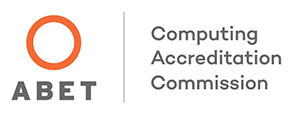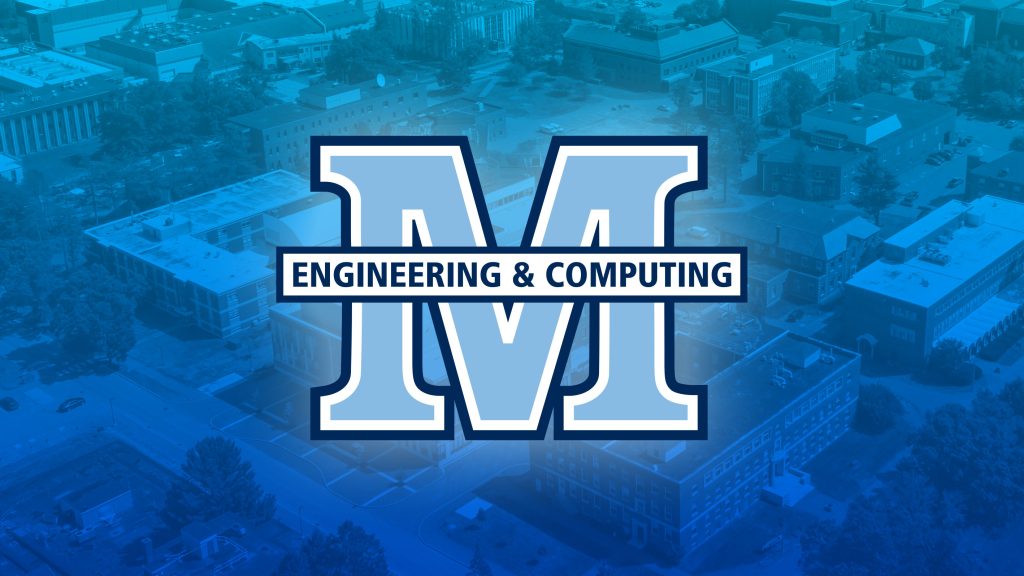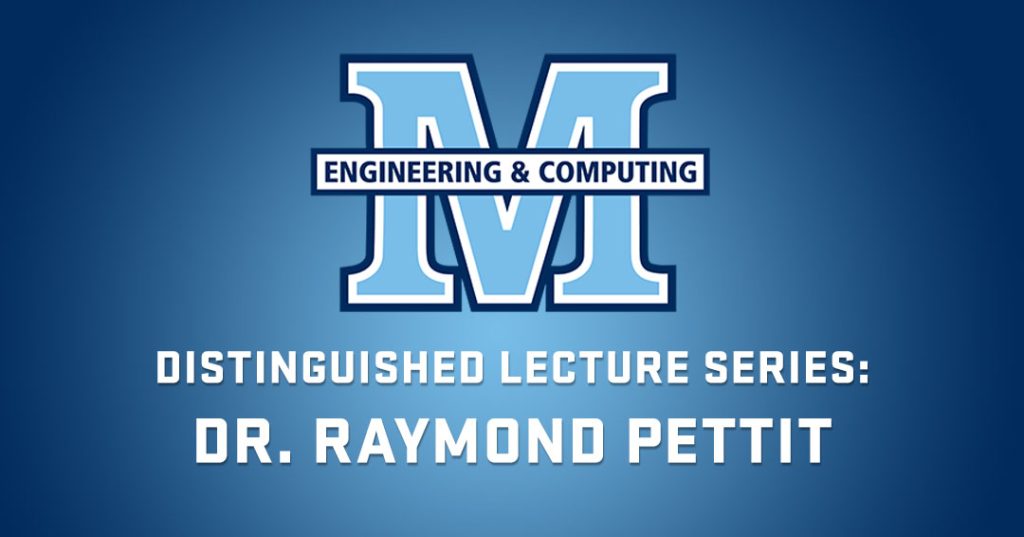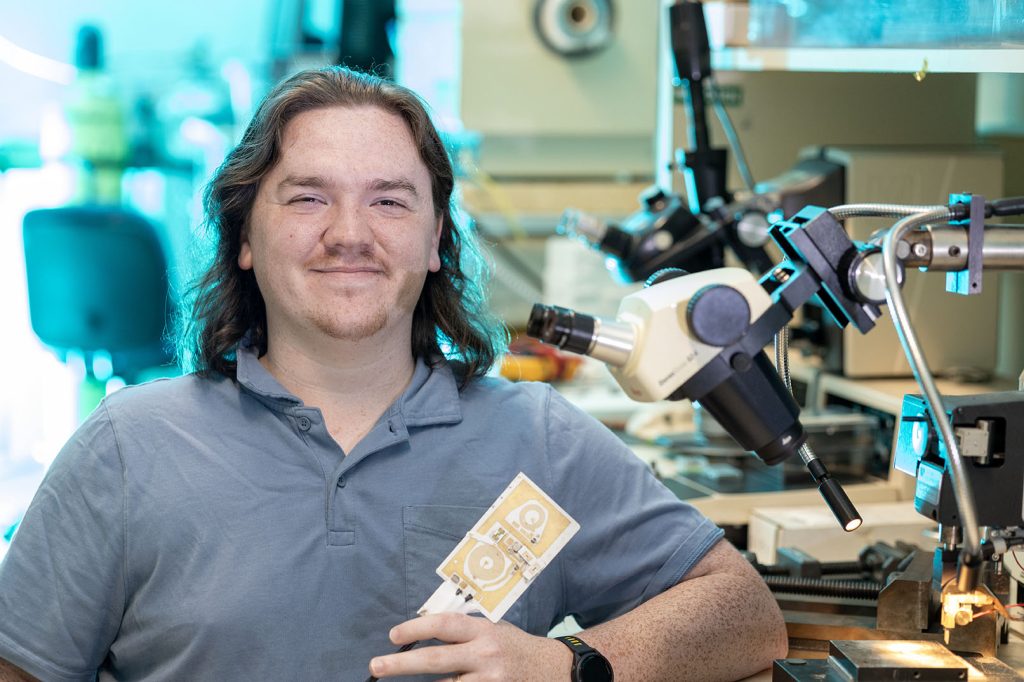Preparing you to excel in the rapidly evolving tech world. Our cutting-edge program blends rigorous academics with hands-on learning, empowering you to design systems, networks, and technologies that shape society. Graduates are highly sought after in Maine and beyond—because a UMaine degree means you’re ready to lead.
New Computer Science and Business degree launching in spring 2025
The University of Maine is launching a B.S. in Computer Science and Business within the Maine Business School starting in spring 2025.
UNDERGRADUATE DEGREE Programs
The School of Computing and Information Science offers both the Bachelor of Science (B.S.) and Bachelor of Arts (B.A.) degrees in computer science. The required course-work in computer science provides the student with an understanding of the basic areas of computer science: structure of programming languages, operating systems, software engineering, algorithms and data structures, computer architecture, and the theory of computer science. Electives allow students to study additional topics such as artificial intelligence, databases, high-performance computing, networks, and cybersecurity. Students have opportunities for field experiences/internships, independent study, and undergraduate research in one of our laboratories. A capstone experience allows students to use their accumulated knowledge of the field in project design and implementation.
Computer Science graduates are well-positioned to secure rewarding, high-paying jobs in the computer industry that are relatively immune to outsourcing. In addition, graduates can also apply their knowledge wherever computers are used, including industry and business, research institutions, educational institutions, and government laboratories and agencies. The B.S. and B.A. degrees both provide a rigorous emphasis on computer science along with a strong liberal arts education. Graduates of the School of Computing and Information Science are also well prepared to enter graduate school for further study in computer science or other related fields or, with some additional preparation, to enter a professional school.
The School of Computing and Information Science has several research laboratories focusing on such areas as artificial intelligence and machine learning, database systems, high-performance computing, cybersecurity, data science, computer vision, visualization, and computer modeling of physical processes. Most of these laboratories routinely include undergraduates who assist the professors and the graduate students in their research. Students are mentored by professors and graduate students, and they get a good idea of what research and graduate school is like. In addition to the interesting and valuable experience gained, the students are often paid and/or co-author research papers.
Bachelor of SCIENCE in Computer Science
The B.S. degree provides a comprehensive foundation in computer science and prepares the student for a rewarding career in industry, business, government, or anywhere else that computing knowledge and skill is needed. It also provides solid foundation for graduate work in computer science and computing-related fields.
Bachelor of ARTS Degree in Computer Science
The B.A. degree gives the student a strong foundation in computer science, while providing more flexibility for coursework outside of the major. Like the B.S., it also prepares the student for graduate work and a rewarding career in computing.
Computer Science Minors
Mission Statement
The mission of the Computer Science Program is to be an exemplary program in a small, Land-Grant, flagship university. We strive for excellence in research, teaching and service that will be of benefit to our students, our profession, and for the people of the State of Maine. Researchers will gain a national or international reputation and will provide educational experiences for both graduate and undergraduate students in their research laboratories. Faculty will provide excellent teaching to undergraduates and graduate students both in and out of the classroom. We see advising as an important part of teaching. We believe that excellent teachers have high standards for students and give students the tools to meet those standards.
Excellent teachers also motivate students, nurture them as scholars, and share their enthusiasm for learning in general and for their discipline in particular. Like excellent research and teaching, excellent service is also productive and recognized and is performed with dedication, competence, enthusiasm and professional integrity.
It is also an important part of our mission to maintain our highly collegial environment while expanding our research mission. We are dedicated to building a community of learning including faculty, students and staff.
Computer Science and Computing-Related Fields:
What are They and What’s the Difference?
There is a lot of confusion in the general public about what computer science (sometimes referred to as simply “computing”) is and how it is different from allied computing-related fields, such as information systems and computer engineering. These are different fields, with different areas of study and different careers and career prospects. It is important that a student contemplating going into one of these fields know the differences so that he or she can find the field that best suits his or her aptitude, interests, and career goals.
This page addresses the question, “What is Computer Science?”, and discusses its place in the collection of computer science-related fields usually referred to as “computing.”
COMPUTER SCIENCE
Graduate Programs
SCIS Contact Information
School of Computing & Information Science
Karen Kidder
Administrative Support Supervisor – School of Computing & Information Science
Velma Figgins
Administrative Specialist, New Media – School of Computing & Information Science
5711 Boardman Hall
Room 348
Orono, ME 04469
Tel: 207.581.2188
MCEC NEWS
